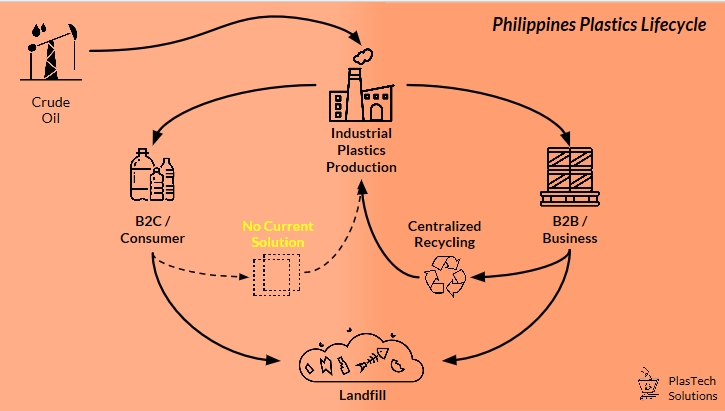Our team developed a conceptual framework in order to provide a deeper understanding of Lehigh’s Global Social Impact Fellowship (GSIF). It starts as a relationship map between the key players in the GSIF ecosystem – students, advisors, communities, and partners. Its high level of abstraction allows the average Lehigh student to contextualize those key players within mutually beneficial motivators for change such as policy change, advocacy improvement, market-based solutions and academic publishing of new-found knowledge.




